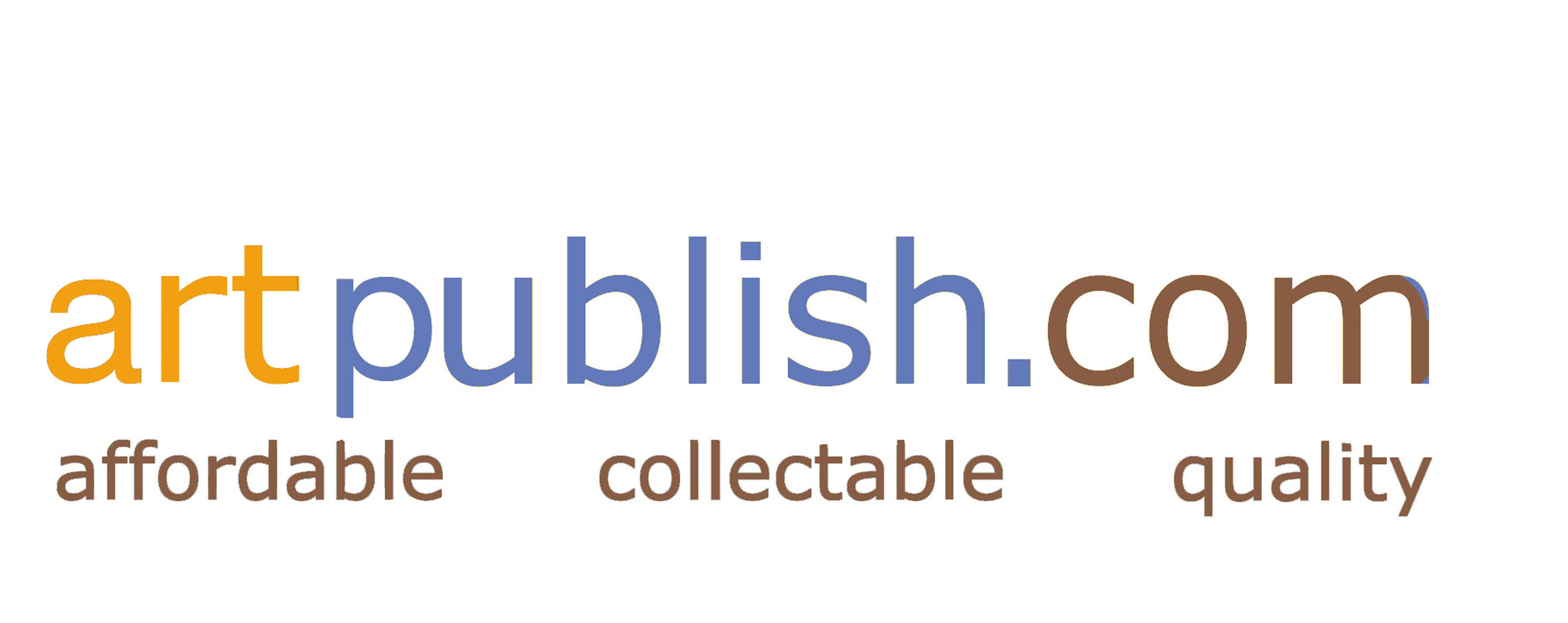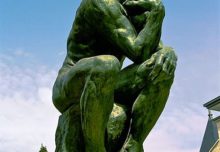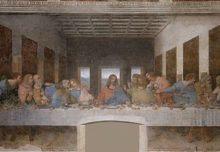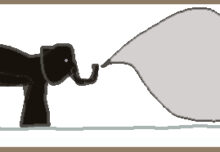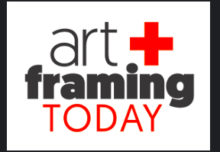PATRONAGE
The subject of this post follows on a previous blog post focusing on the influential reasons for making art. That article was where I wrote about the influence of the Church. [LINK].
I concluded that the Church has waned as an art patron, and is no longer the major driving force behind modern art.
Instead the individual artist to patron-collector relationship has strengthened. In fact it is probably the new dominant factor for a professional artist.

The Guggenheim in Venice
WOAH! HANG ON A MINUTE!
Before we go on.
Did I just say ‘professional artist’? Surely we can include the hobby, amateur, and non-professional artists in this discussion?
Are they not the vast majority of artists anyway? Professionals are a small minority of artists. Why focus on them?
ANSWER.
Firstly, non-professionals have a limited range of influences in their creative world. Peer group and family feedback are two most important sectors. These groups don’t buy much. They don’t pay the rent. And they might be biased.
The pro-artist will survive and thrive by getting massive inspiration, income, and feedback from real repeat buyers, and other professional sources as well.
Secondly, my blogs are written by a ‘professional full time artist’. That’s me.
So my viewpoint is as seen by a pro-artist.
THE EXTRA DIMENSION.
The point here is that if you are a professional artist you realize that there is much more to making art than satisfying oneself, family, and friends in the creative process.
There is a huge unexpected bonus when you have to sell your art product.
Not the money! Much more than that.
The bonus is the extra dimension of feedback during and after making art for a discerning, professional, and informed audience. That feedback is very inspirational and rewarding. When you know and value your audience the full-time pro-artist can become super-inspired to make better art.
The artist can do so much more than ‘push’ their art out into the world. Instead they can harness the ‘pulling’ force of the art market as stimulus.
NEXT
But of course it is much more complicated than that.
The argument that says that art is ‘pushed out’ by artists is still very applicable for the hobby amateur group.
This non-pro sector is surely all about ‘pushing out’.
That is because ‘making art’ is very interesting and provides a huge reward in itself. Creativity is a mental activity that is wonderful and enjoyable.
And all full-time pro-artists start off here as well. They enjoy creativity just the same as any other artist. So they have experienced and know about the ‘pushing out’ force. But they have probably also gone through the ‘Eureka’ moment where they see that they can make use of another influence, as well.
They will have experienced the extra joy of making art for an appreciative paying audience.
Some one will have bought some of their work and wanted to know and collect more. They will have come across ‘patronage’.
PATRONAGE.
A ‘patron’ is someone who repeatedly pays to collect and support art creativity.
It usually indicates someone who knows a bit more about art than a personal friend or relative. Not necessarily so of course.
The term can also be used to include the dealers in the art business. These are ‘pulling’ art out of artists to satisfy their own customers.
A super example of art patron was Peggy Guggenheim. She founded art galleries, collected a massive variety of artists work. And influenced the artworld for ever.
But any collector who buys more than one piece over time from an artist can have a very big effect on that artists output.
Q and A.
- Is the art ‘pushed out’ by the artist, or is it ‘pulled out’ by other forces?
- Nowadays, art is both ‘pushed out’ by artists, and ‘pulled out’ of pro-artists by the collector patrons.
CONCLUSION
The private or art-business patron is just one modern day equivalent of the Church as a sponsor of the arts.
There are some other alternatives to the old religious and political power bases that commissioned and sponsored art for centuries.
*******************************************************
